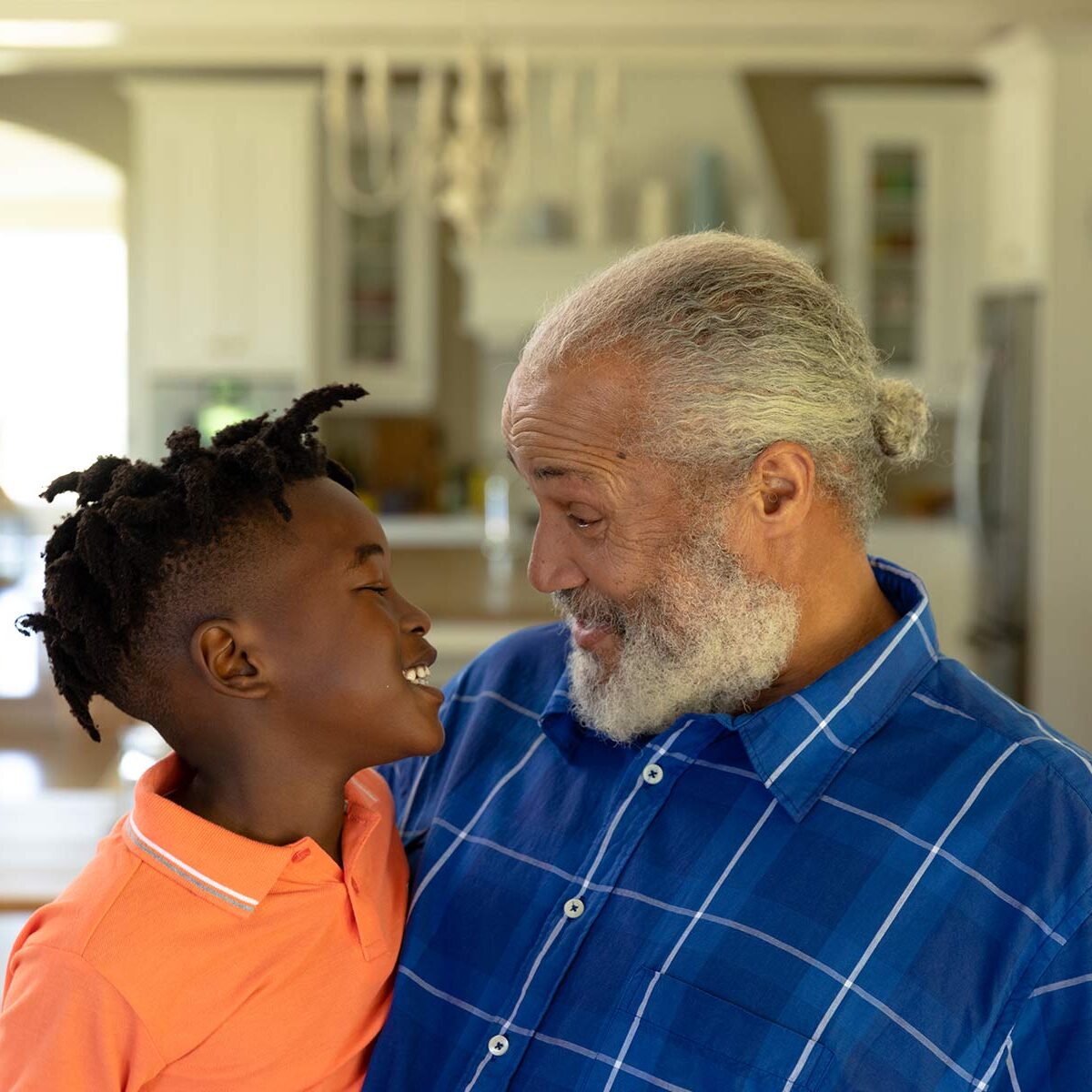
ABOUT THE AUTHOR
Kim Dailey
OhioKAN Coordinator, Region 10
Previously, Kim was a coordinator for a staffing agency in southern Ohio. The best part of her day was making a great match for employment and being able to fill a need an employer had, while giving a candidate an opportunity to start a career. Being able to interact with the local community really had an impact on her. Kim’s most recent position was as an Insurance Verifications Specialist at Adena Health System for the Rehab department. Her duties were primarily back office functions such as submitting for prior authorizations, data entry, and communication with front office staff. There, she was profoundly impacted by seeing professionals who truly cared for people. Kim also co-leads a support group in Pike County called The Village. They meet monthly in person to help support parents and/or caregivers who are caring for a child or person with different abilities/neurodivergences. The goal is simply to help and let them know they are not alone. The Village is also on Facebook. Kim is ready to take on her new role and see every family living their best lives!
Abandonment. The word alone can trigger feelings of angst, worry, isolation, rejection…the list is quite extensive. For many children finding themselves in a home away from their norm, emotions are heavy and raw and can sometimes result in behavioral issues. For example, a child may experience separation anxiety, panic, and a fear of being alone. It is important to address these feelings in an open, non-judgmental way while maintaining a safe space for conversation. Periods of adjustment may vary, but during that time there are ways to help a child cope with feelings of abandonment.
The number one question children ultimately will have is, “Why?” While we may not have the answers to that question (or it may not be appropriate to discuss), caregivers do need to understand that most children will struggle in some capacity. There are three main components to childhood abandonment.
- Trusting Others: When a child finds themselves abandoned by a parent, essentially the most basic human need is being violated. This need is having parents who value you. When the person who is supposed to love you the most in this world, no matter what, is no longer around, it becomes very difficult for a child to be able to believe that another person will stick around.
- Guilt and Shame: This comes back to the question of “why” and often “what ifs.” In the absence of a logical explanation, it is quite human to place blame on oneself, even at an early age. This can result in the child feeling a sense of being responsible for the reason a parent has left.
- Self-worth: “How could my own parent leave me?” the abandoned child wonders. Being left by a parent often brings about feelings of unworthiness. A child may fear something is wrong with them. They may feel outcast and alone.
It is important to be able to discuss big feelings. However, when a conversation becomes highly emotional, it tends to yield unproductive outcomes. When this happens, pause the conversation. It is OK for everyone to take a break, regroup their thoughts, and begin the conversation again from a less emotional place. With this being said, it is important to validate a child’s fears. Consider this six-level approach identified by Psychology Today:
- Be present. Actively listen to your loved one’s concerns.
- Reflect. Summarize your loved one’s feelings verbally in an authentic way so you can reach an understanding without judgment.
- Mind-reading. Sometimes it can be difficult for loved ones to describe their emotional states as fear. By listening, you can help them identify their emotions for deeper understanding. This level takes a lot of practice with being present and reflecting.
- Understand their history. This is an even deeper form of acknowledgment. You know your loved one’s fears and openly state that you understand how a certain situation might be triggering due to their past history of abandonment.
- Normalize their fears. Such normalization is done by acknowledging the fact that others with your loved one’s history could have fears of abandonment, so what they’re feeling is completely understandable.
- Radical genuineness. As the deepest level of validation, this involves sharing your loved one’s fears as your own.
Try to avoid using unhelpful phrases such as “things could be worse” or “this happens all the time”. These statements invalidate what the child is feeling and can downplay the severity of the situation.
How can you help a child experiencing abandonment
- Seek professional help. Sometimes talking to a caregiver may be uncomfortable. It may be necessary to seek counseling sessions or speak with other mental health specialists who would be able to give advice based upon the situation. Having an adult to confide in without hurting a caregiver’s feelings may be very beneficial for some children.
- Encourage kids to express their feelings. Allow children to feel their feelings and acknowledge them. Give them the freedom to be open and honest. Asking open-ended questions allows the child the opportunity to answer what they like, without limiting or influencing. It gives them some power back when they can control how much they wish to share.
- Offer validation. While it is natural to want to find solutions for a child’s fears, simple confirmation allows them to know that it is OK to feel how they do.
- Teach self-care. Physical self-care involves eating healthy, getting enough sleep, and exercising. Teaching kids how important it is to keep your body healthy can help with general well-being. Emotional self-care includes learning safe and healthy ways to express emotions. Social self-care involves experiencing relationships that are dependable, have a nourishing quality, and that make the child feel special. Children need to learn to distinguish between healthy relationships and destructive ones. Self-esteem is essential for self-care. It develops through appreciating your own abilities, strengths, and characteristics. Things like reading, journaling, yoga, creating calming jars, or practicing grounding exercises can be helpful. Find some cool ideas here.
Childhood abandonment can lead to long-term effects into adulthood. It is important to be accepting, patient, and proactive. Just remember to also extend yourself some grace. Likely everyone involved is trying to find their “new normal” and this can be a process. With healthy communication flowing and self-care techniques being utilized amongst all parties, hopefully this will help to ease the transition. Not only do you need to support the child, but also make sure to seek support if you find yourself in a caregiver role to a child experiencing abandonment.
“Learn to have patience with people, just take it one step at a time in everything that you’re doing and just invest time in the people that you’re with … have patience with them, even if they’re not necessarily the easiest person to work with.”
-Bethany Hamilton
Additional Resources:
Identifying and Managing Abandonment Issues by Kimberly Holland and Kristeen Cherney,
How To Overcome Abandonment Issues from Childhood by Dr. Jonice Webb,
Planting the Seeds of Self-Care in Children by Mary M. Kreitz, LPC, CDCA
Calming and Grounding Techniques for Mindfulness for Children (age 4-11) shared by Emma Brummell


















